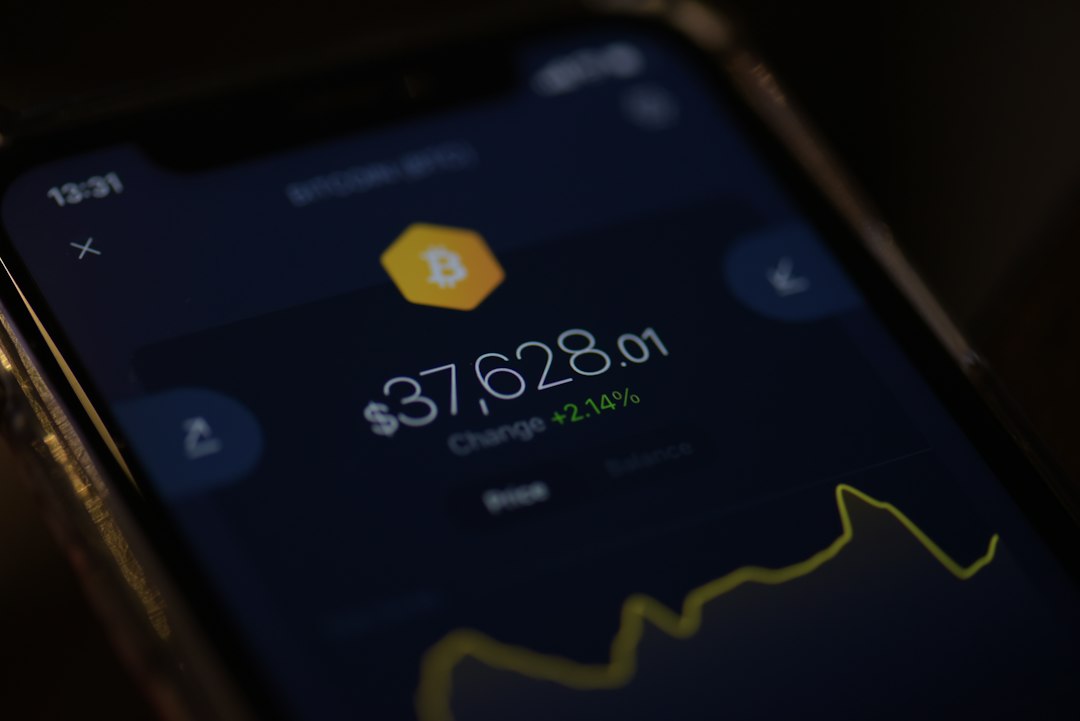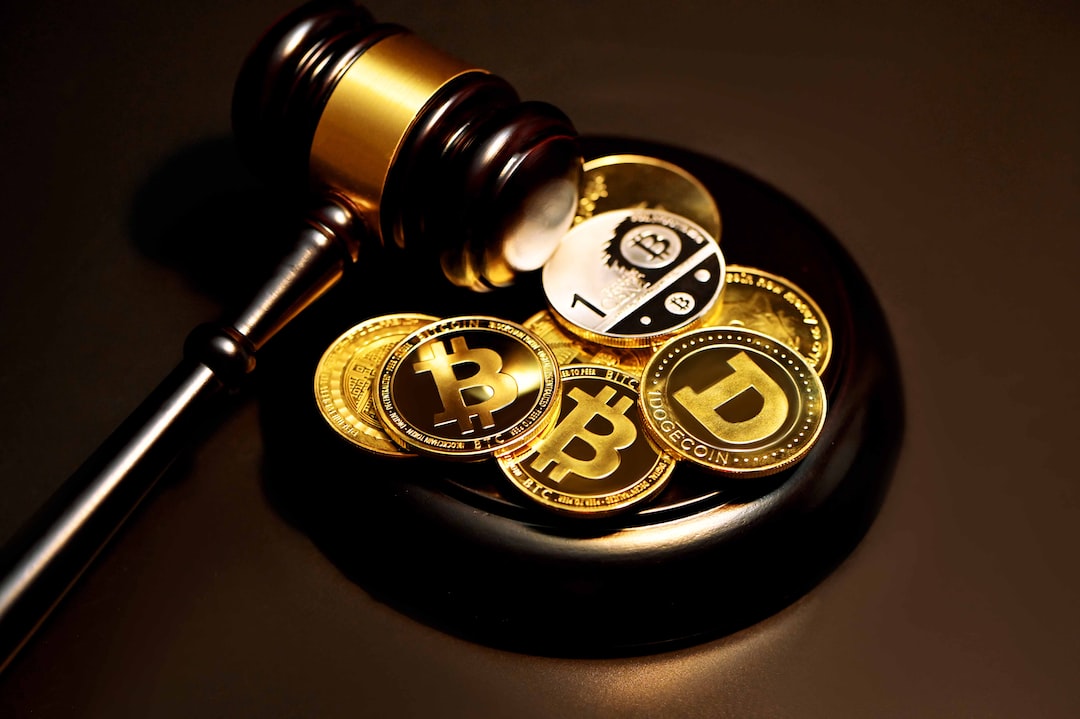Exploring Privacy Coins and Their Regulatory Environment
Privacy Coins: An Overview
Cryptocurrencies are not as anonymous as commonly believed; they provide pseudonymity rather than complete anonymity. Transactions can be traced to real-world identities because the blockchain records all wallet activities, which are publicly accessible. Privacy coins were created to address this issue by enhancing user anonymity and transaction privacy beyond what regular coins offer. They do this by masking the identities of senders and recipients, amounts transferred, and even wallet balances using complex cryptographic methods.
Privacy Coins vs. Other Cryptocurrencies
Privacy coins differ from other cryptocurrencies by prioritizing user privacy and obscuring transaction details beyond what regular cryptocurrencies offer. This has led regulatory authorities to take a closer look at privacy coins due to concerns about potential misuse in activities such as money laundering.
Global Privacy Coin Regulations
Regulatory responses to privacy coins vary across different jurisdictions. Some countries welcome them, while others have imposed bans citing risks like money laundering. The U.S., for example, allows privacy coins but subjects them to heightened scrutiny, while Japan has completely banned them. Other countries like Australia and South Korea have placed restrictions on trading privacy coins on exchanges.
The Regulatory Problem: Commodity, Security, or Currency?
Privacy coins exist in a gray area between commodities, securities, and currencies, each with distinct regulatory implications. Classifying them under any of these categories leads them down vastly different regulatory paths, impacting everything from their legal standing to their day-to-day use.
Regulatory Authorities and Privacy Coins
Regulatory authorities worldwide are crafting regulations to manage the risks associated with privacy coins while acknowledging their potential benefits. In the United States, financial institutions that transact in cryptocurrencies with enhanced anonymity are subject to the same regulatory requirements as those trading in traditional currencies or non-anonymous digital currencies.
Hot Take: The Future of Privacy Coins in the Regulatory Landscape
As privacy coins continue to evolve, regulatory scrutiny will intensify to manage the risks associated with their use. It is essential for users and businesses operating in the crypto space to stay informed about evolving regulations and compliance requirements related to privacy coins. Additionally, continued dialogue between industry stakeholders and regulatory authorities is crucial to strike a balance between upholding user privacy and mitigating illicit activities within the crypto space.





 By
By
 By
By
 By
By
 By
By
 By
By
 By
By